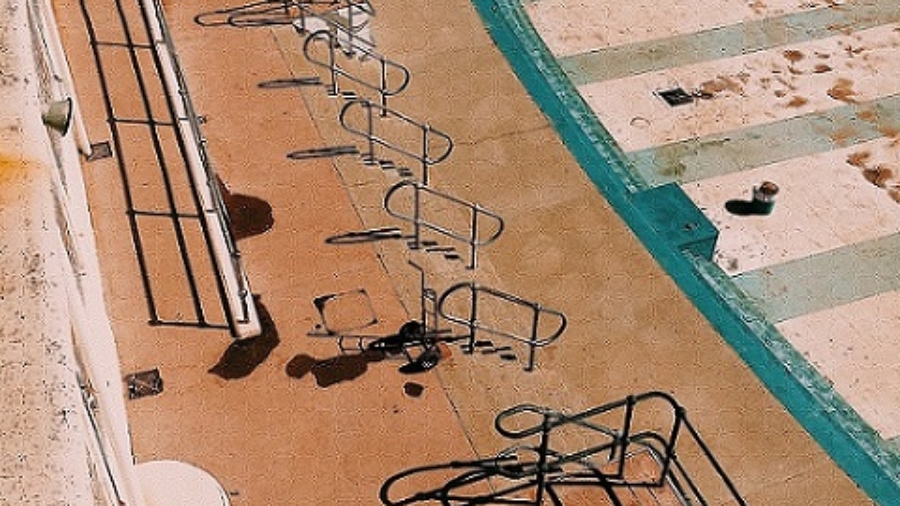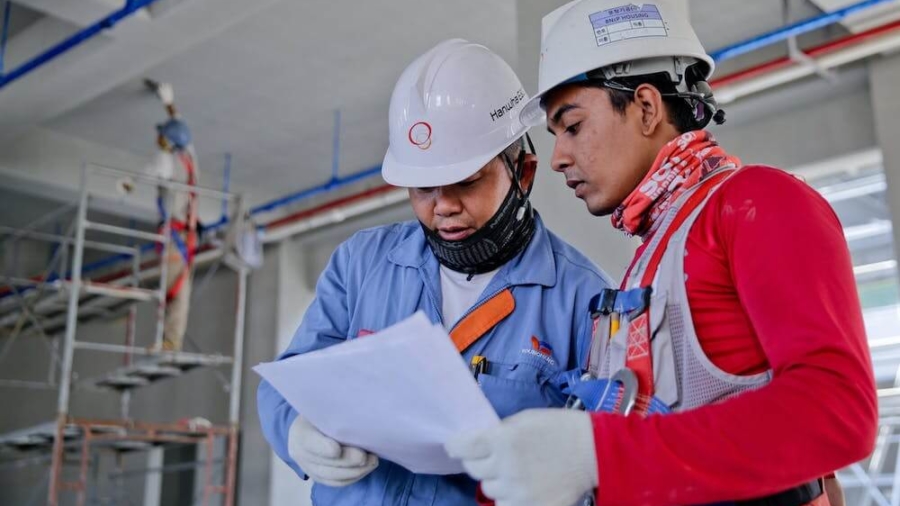As with all construction projects, pool construction can be privy to complications resulting in legal disputes that need litigation from a construction attorney. Even thoroughly crafted contracts can be challenged. Whether you’re a pool contractor or property owner, it’s a good idea to be familiar with a few of the common legal issues that construction attorneys and general consultants see when construction doesn’t go according to plans.
More work is needed than anticipated
Before taking a new project, pool contractors inspect the prospective construction site for feasibility. The geographical location and ground slope can impact the pool depth, width, construction materials, and where drainage should be installed. Every detail is necessary to create a pool plan the client approves of, and write a contract that protects the interests of the client and contractor.
However, there is no such thing as an inspection that catches every detail that could impact construction. Some details might not even be perceivable until construction is underway, due to incorrect or incomplete property floor plans or obstructions. A contractor might be halfway through excavating the site when they discover an issue that requires more work than listed in the original project plans.
New developments are to be expected in any construction job, and contractors are prepared to pivot and meet new needs. However, pivoting can sometimes result in additional work that pushes out the project timeline or raises the construction cost. In some cases, additional contractors or subcontractors may need to be brought on. The contract should explain how these events are handled, but property owners might take issue regardless. The dispute could escalate to the point you need to find an experienced construction attorney.
The pool needs repairs shortly after completion
Pool construction is intensive and has many moving parts. A mishap with one part or step of construction could cause ripples impacting later steps of the project, ultimately resulting in a pool that needs immediate repairs. Property owners might raise issues with superficial defects on tilework and grouting, or serious defects that undermine the pool’s wall or structure and could collapse. They might also blame contractors for a newly installed ladder that disconnects from the pool wall.
Standard construction contracts have indemnity clauses that lay out how responsibility is split among contractors, subcontractors, and property owners when construction is impacted by negligence. This helps determine how medical and legal costs are allocated should the pool defects result in injury. This also is a common cause for disputes because property managers and contractors alike could disagree about how indemnity is applied in practice.
There are disagreements about collection
Even if pool contractors and property owners agree about how and when payment is made, construction events that push out the timeline or result in larger costs could change the payment method. The property owner might expect a longer time to deliver while the pool contractor might expect more concise payments. Property owners might change their mind about increased costs and ask for additional services to make up the gap between what they deem appropriate and what they’re charged.
Any pool construction dispute can stir up legal issues, stress, and cost you time and money. If you’re a pool contractor or a property owner facing pool construction disputes, reach out to a local attorney for legal assistance.
Alves Radcliffe, LLP — Construction Attorney
If you need assistance with a pool construction dispute, call Alves Radcliffe, LLP at 916-333-3375 or send us an email. We have over 25 years of combined experience, and serve clients throughout Greater Sacramento, Northern California, and the San Francisco Bay Area.





